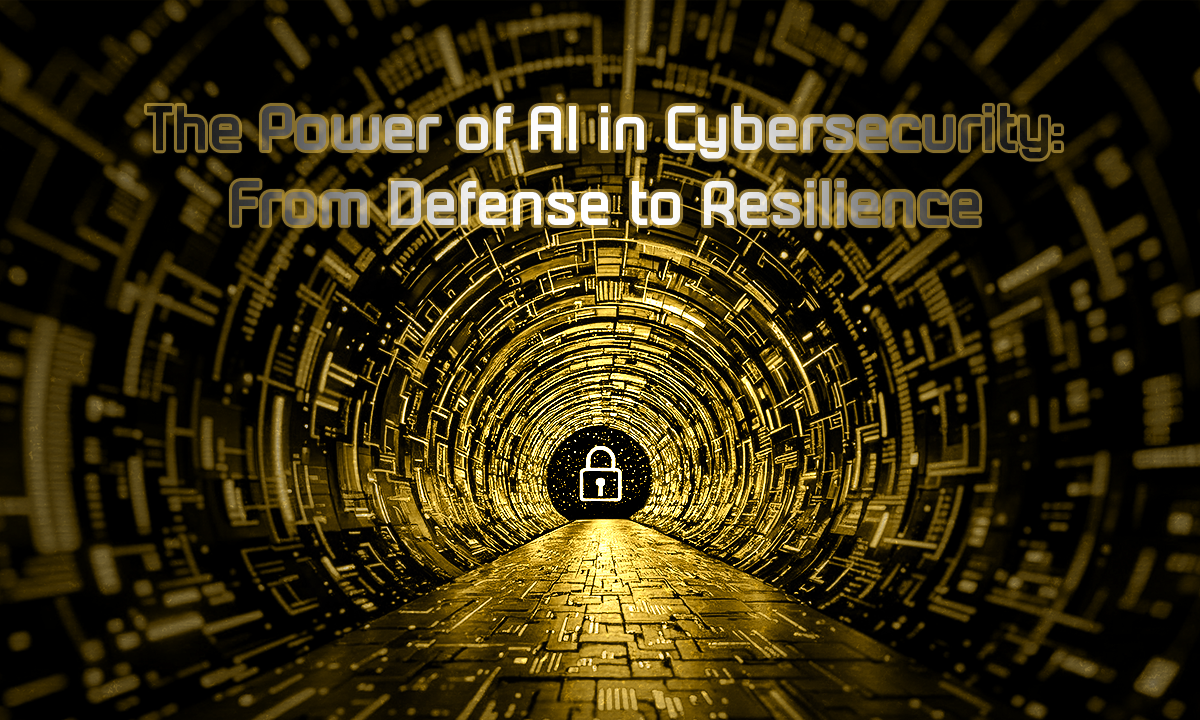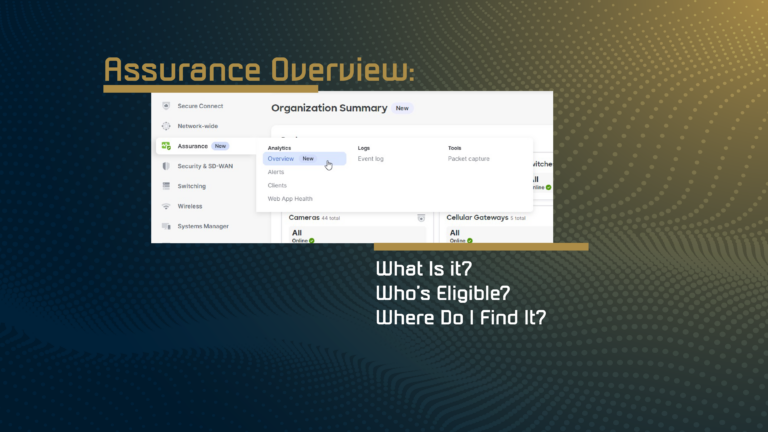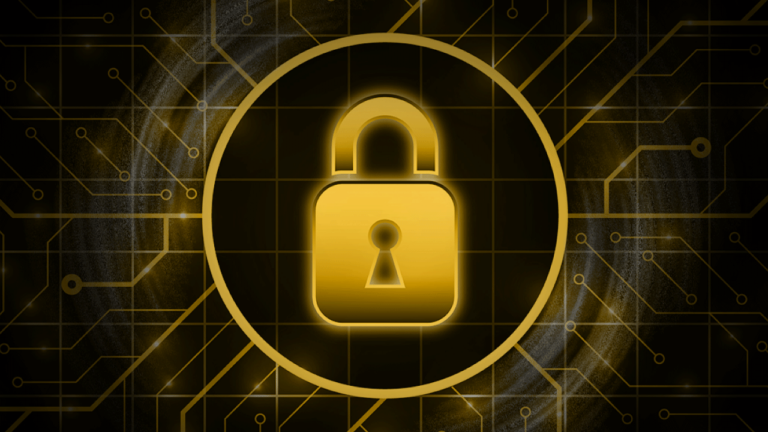Harnessing the Power of AI in Cybersecurity: From Defense to Resilience
In an era where digital transformation accelerates at breakneck speed, the cybersecurity landscape is undergoing a profound shift. Cyber adversaries are no longer isolated actors with limited capabilities.
Today’s threats are automated, adaptive, and increasingly sophisticated, exploiting vulnerabilities faster than traditional defenses can respond. To keep pace, organizations must embrace a new paradigm in security: one driven by Artificial Intelligence (AI). AI is no longer a futuristic concept in cybersecurity; it is an operational necessity. Its ability to process vast volumes of data, identify patterns, and act autonomously has become indispensable for safeguarding modern networks. But the true power of AI lies not just in faster detection — it lies in transforming cybersecurity from a defensive posture to a state of active resilience.
Predicting Threats Before They Strike
AI excels at ingesting and analyzing massive datasets in real time. By continuously monitoring network traffic, user behavior, and global threat intelligence feeds, AI-driven systems can predict potential threats before they materialize. Machine learning models, trained on known attack vectors and emerging tactics, allow security teams to stay one step ahead, identifying indicators of compromise that would otherwise go unnoticed.
Enhancing Detection and Response
Where traditional security tools may drown in false positives, AI refines accuracy. It filters noise, highlights anomalies, and contextualizes alerts with remarkable precision. More importantly, AI doesn’t just detect; it orchestrates responses. Automated playbooks can isolate endpoints, block malicious IPs, or trigger multi-factor authentication challenges — all within seconds. The result is a dramatic reduction in dwell time, minimizing the window of opportunity for attackers.
Augmenting Human Expertise
AI does not replace cybersecurity professionals; it amplifies them. By shouldering repetitive tasks and surfacing only the most relevant insights, AI empowers analysts to focus on strategic investigations and complex threat hunting. In a field plagued by talent shortages and alert fatigue, this augmentation is a game-changer.
Building Resilience, Not Just Defense
Cybersecurity is evolving from preventing breaches at all costs to building resilient systems that can absorb, adapt, and recover from attacks. AI plays a central role in this shift. Whether through continuous risk assessments, adaptive access controls, or dynamic network segmentation, AI enables organizations to maintain business continuity — even under pressure.
The Road Ahead
Harnessing AI in cybersecurity is not without challenges. Issues around data privacy, algorithmic bias, and model transparency require careful navigation. Moreover, as defenders adopt AI, so too do attackers — leading to an arms race of automation. Success will hinge on responsible AI deployment, ongoing training of models, and a strong human-AI partnership. At [Your Company Name], we believe the future of cybersecurity is not just smarter — it’s collaborative, adaptive, and resilient. By integrating AI-driven solutions into our security stack, we help organizations move from reacting to threats to anticipating and neutralizing them, long before damage is done. The era of AI-powered cybersecurity is here.
The question is: are you ready to harness it?
Contact Crystal Networks Experts


